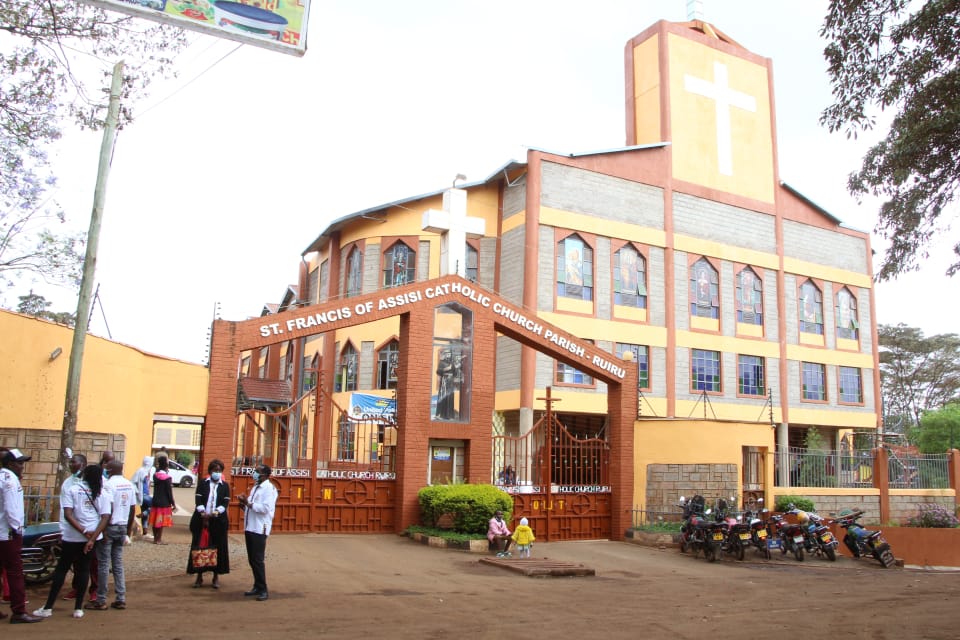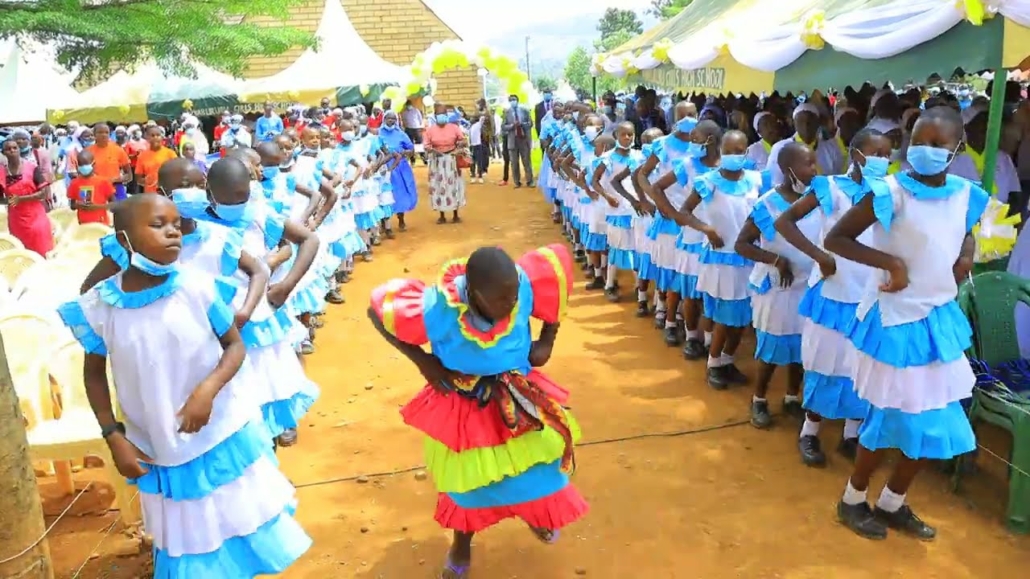In the celebration of the liturgy, we are participating in the Paschal mystery of Christ. Christ’s saving action was available to all, and therefore all worshippers are expected to participate actively in the liturgy. Saint Benedict of Nursia points out that “nothing may have priority over the liturgy.” This is because it is centred on the Holy Trinity, the Alpha and the Omega.
The liturgy is not made or invented. Instead, it is something living that grew over millennia of faith. Its celebration differs around the world but its focus is still on the Holy Trinity. One of the Vatican II documents, the Sacrosanctum Concilium, strongly emphasized that the liturgy be closer to the people. That’s why liturgy in Africa is celebrated differently from Europe. For starters, mass in Africa takes a longer time than in Europe. The reason is that Africans are not in a rush and therefore, the homily takes much time. Also, the music in African mass makes it more lively.
The music, including the Agnus Dei, Kyrie and Sanctus are all done in native languages. Different instruments are used and the sacred music in an African mass will leave you dancing, something quite rare in Europe. Also, masses, especially the special ones, have liturgical dancers, making the mass lovelier.
In Kenya, the church is essentially a family of believers. Family in Kenyan culture is the foundation of everything. A group of families form a Small Christian Community (SCC) and the church is made up of several SCCs. Therefore, everyone in the family, from the youngest to the oldest, is part and parcel of the liturgy. This ensures that no one is left behind in God’s work.
Stephen Oloo
SDC Candidate
Ruiru, Kenya





